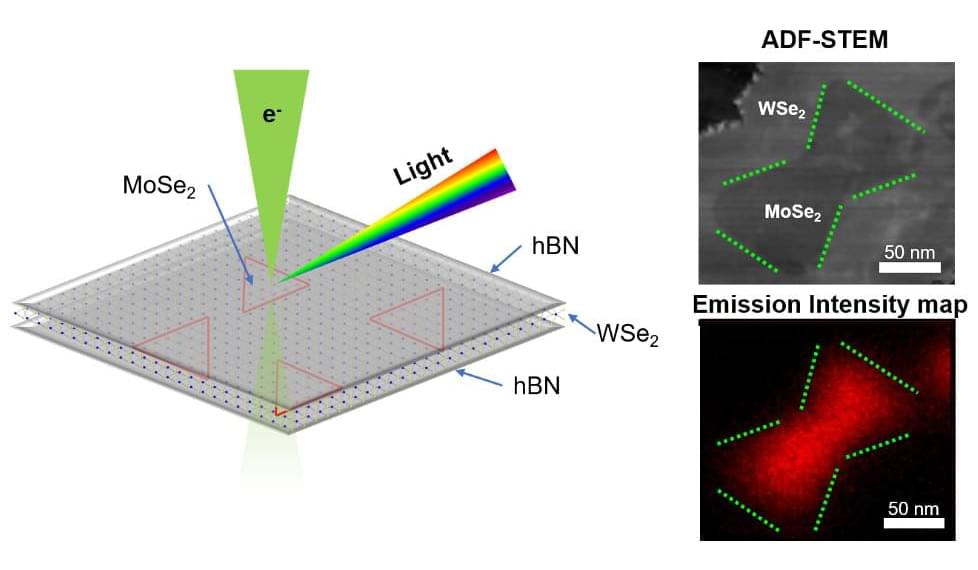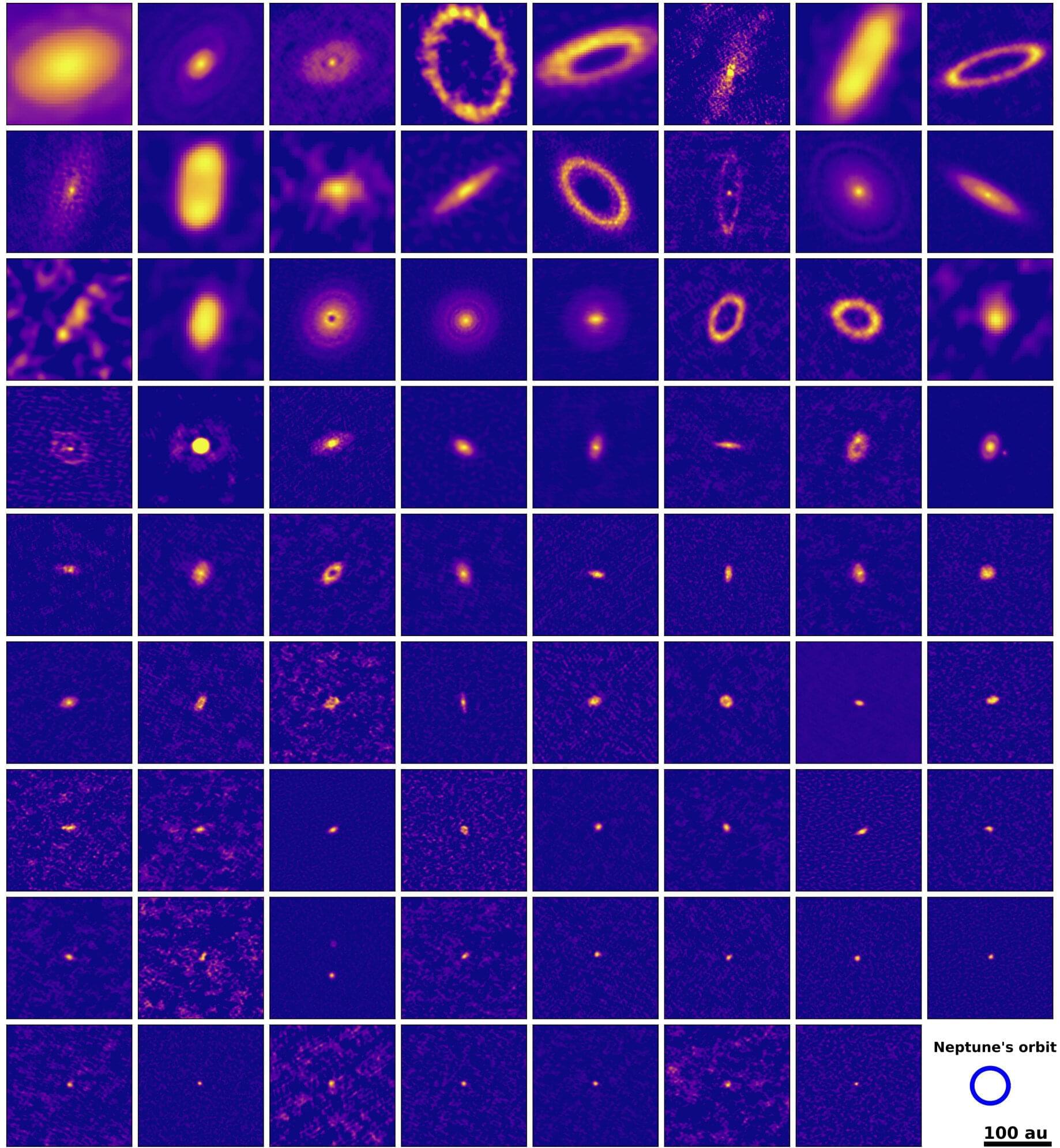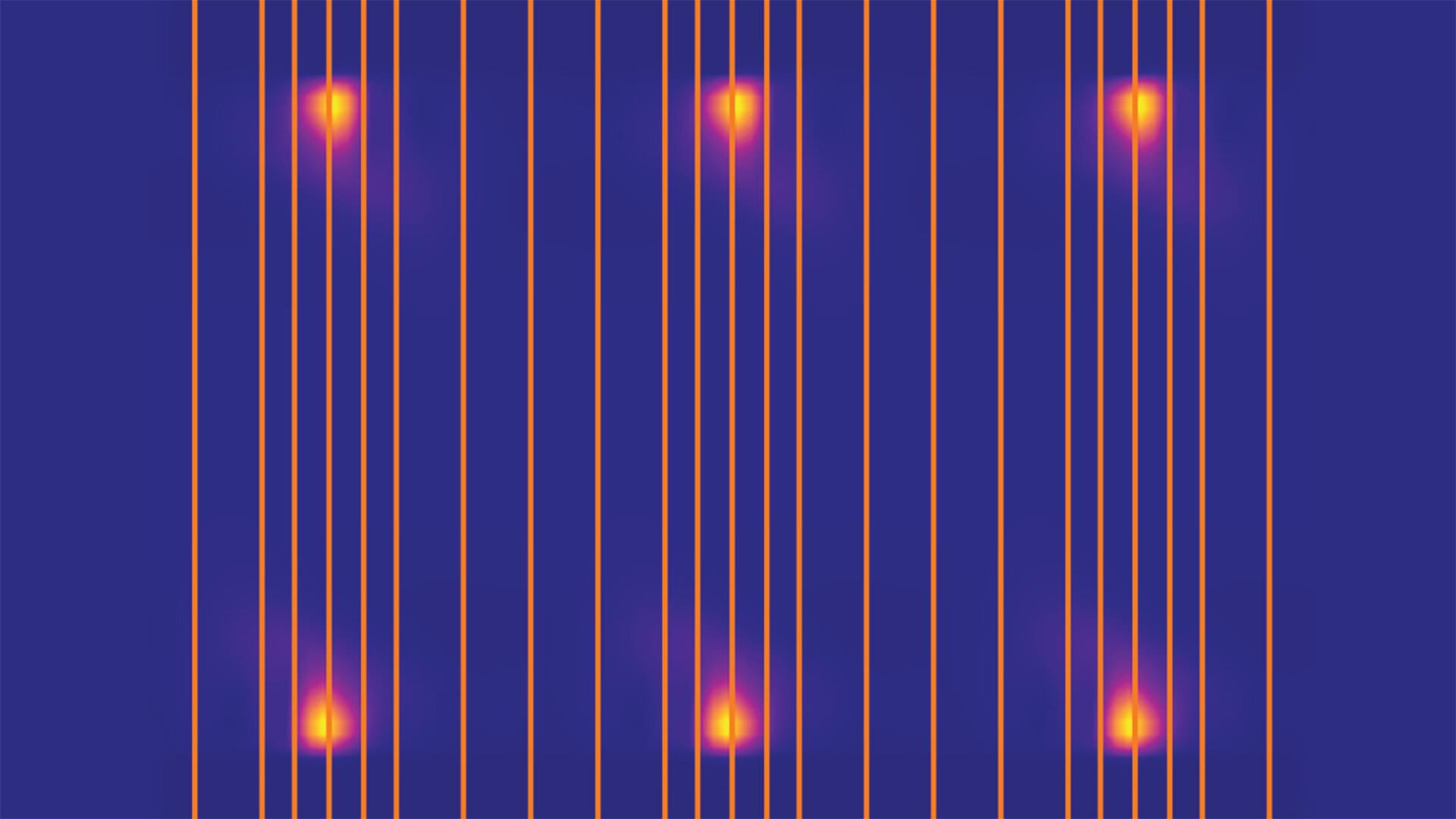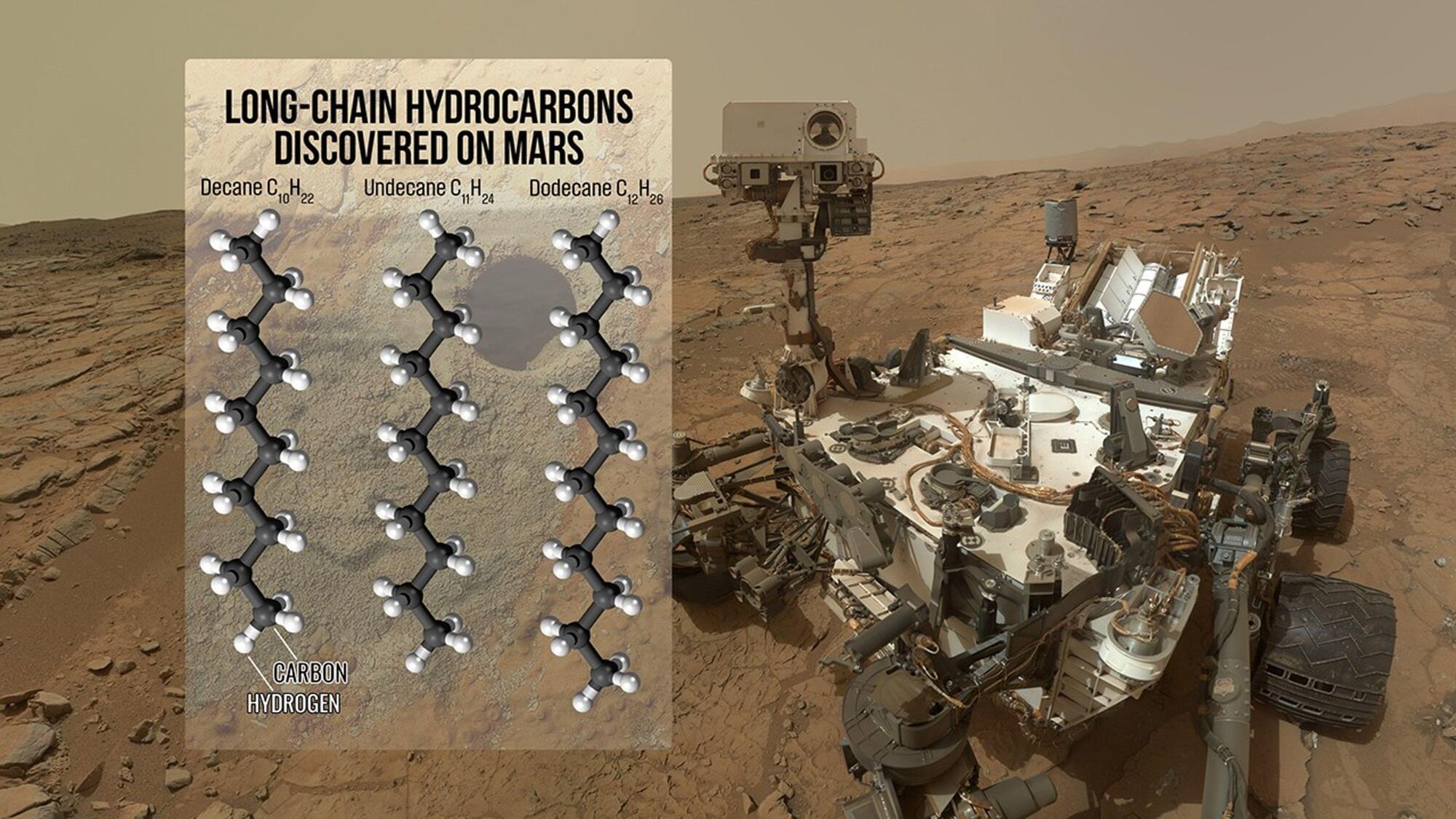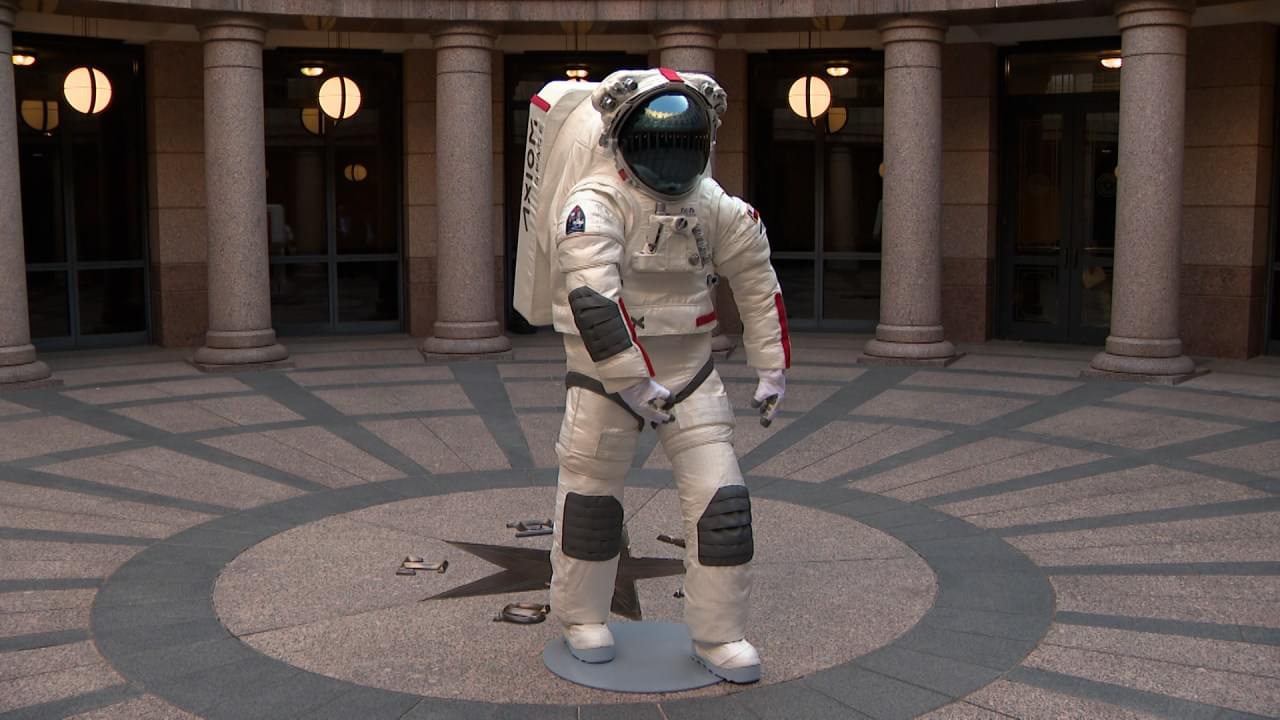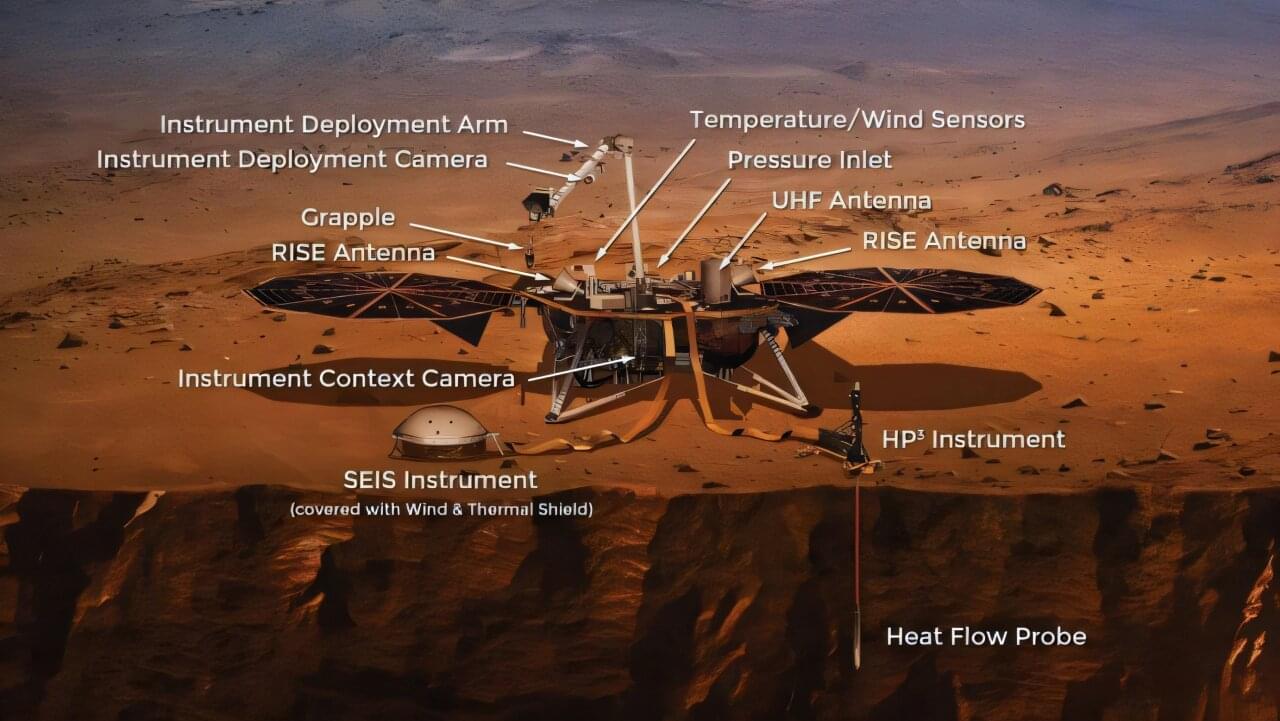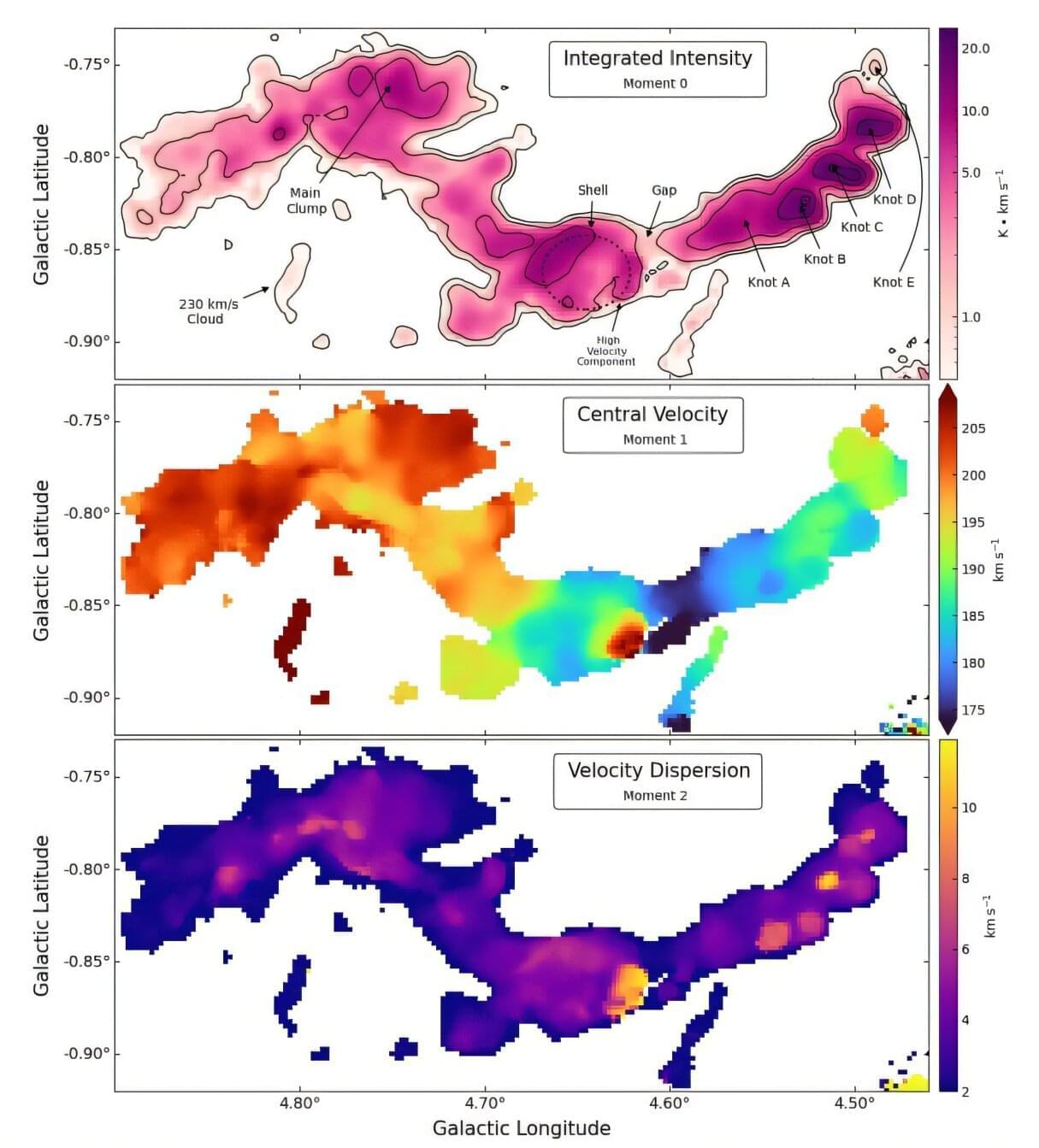Newly achieved precise control over light emitted from incredibly tiny sources, a few nanometers in size, embedded in two-dimensional (2D) materials could lead to remarkably high-resolution monitors and advances in ultra-fast quantum computing, according to an international team led by researchers at Penn State and Université Paris-Saclay.
In a recent study, published in ACS Photonics, scientists worked together to show how the light emitted from 2D materials can be modulated by embedding a second 2D material inside them — like a tiny island of a few nanometers in size — called a nanodot. The team described how they achieved the confinement of nanodots in two dimensions and demonstrated that, by controlling the nanodot size, they could change the color and frequency of the emitted light.
“If you have the opportunity to have localized light emission from these materials that are relevant in quantum technologies and electronics, it’s very exciting,” said Nasim Alem, Penn State associate professor of materials science and engineering and co-corresponding author on the study. “Envision getting light from a zero-dimensional point in your field, like a dot in space, and not only that, but you can also control it. You can control the frequency. You can also control the wavelength where it comes from.”
